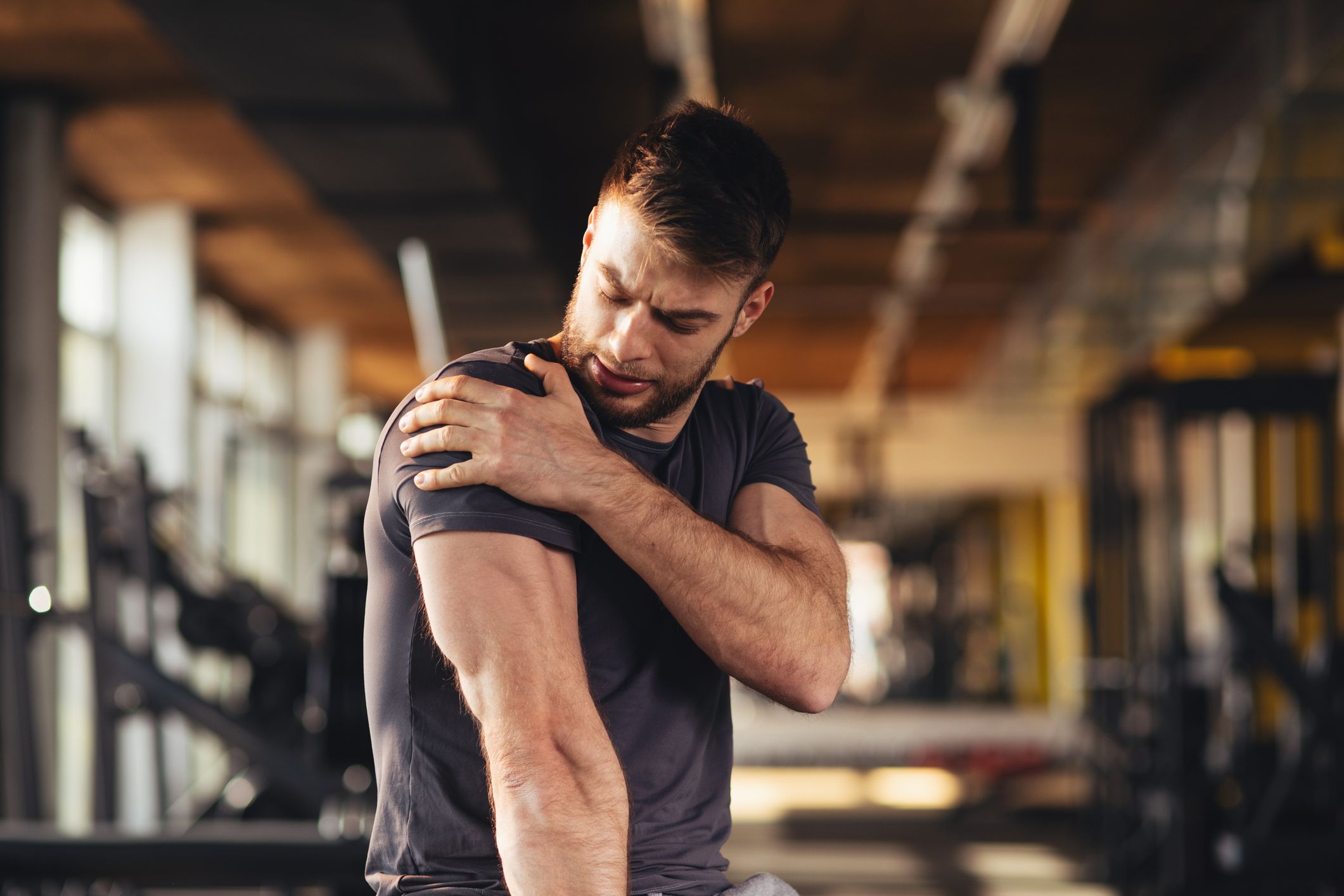In the pursuit of physical fitness and well-being, we often push our bodies to the limit. Nothing compares to the satisfying feeling of completing an intense workout and knowing that you’ve taken a step toward achieving your health goals.
However, post-workout muscle soreness may dampen this sense of accomplishment, delaying your progress and hampering your daily activities.
Post-workout muscle soreness typically occurs after engaging in new or rigorous exercises your body is not accustomed to. The discomfort can range from mild stiffness to severe pain and usually peaks within 24-72 hours after the workout session. Fortunately, there are remedies available to help alleviate this unpleasant sensation and promote a quicker recovery.
In this article, we explore several effective ways to ease post-workout muscle soreness, empowering you to bounce back faster and continue your fitness journey with minimal downtime. Read on to discover natural, practical techniques for soothing those sore muscles and enhancing your overall well-being!
Engage in Active Recovery
Active recovery is crucial to the healing process, as it encourages blood circulation. By engaging in low-intensity exercises, you gently stimulate the affected areas, prompting the removal of metabolic waste products that may contribute to muscle soreness.
Examples of active recovery activities include a wide range of options, such as light swimming, cycling, or walking. You might also consider engaging in yoga, tai chi, or pilates, which are known for their therapeutic benefits and focus on mindful movement.
The key is to choose an activity that you enjoy and can perform at a low intensity.
Use CBD and Other Natural Products
Cannabidiol (CBD) is a natural compound derived from the cannabis plant known for its potential anti-inflammatory and analgesic properties. Applying topical CBD creams or consuming CBD oil may help alleviate post-workout muscle soreness.
However, CBD requires consistency — for the best effects, you need to use it regularly. Consider checking out dispensary deals and give this ingredient a try, be it in the form of a CBD-infused bath bomb or a salve stick.
Cannabis can work wonders if your goal is to relax and unwind after a challenging workout. Combining it with other natural products like arnica gel, Epsom salts, and essential oils, such as lavender and eucalyptus, for instance, when taking a bath, can further promote the feeling of relief.
Apply Cold and Heat Therapy
Cold therapy, or cryotherapy, is a time-tested method of alleviating muscle soreness and inflammation resulting from intense workouts.
Applying ice packs, using cold gel packs, or taking cold showers for 10-20 minutes during the first 24 hours following your exercise session can effectively reduce inflammation and numb pain sensations in the affected areas. The cooling effect constricts blood vessels, which helps to minimize swelling and discomfort.
After the initial 24-hour period, it is advisable to transition to heat therapy for continued relief. Utilizing a heating pad, indulging in a warm bath, or partaking in a hot shower can increase blood flow to your muscles by dilating blood vessels.
Utilize Massage Techniques
Massaging your body can be an effective way to alleviate post-workout muscle soreness and promote recovery, as you stimulate blood flow when massaging the affected areas. Moreover, massage can help ease muscle tension and stiffness, enhancing flexibility and overall well-being.
For self-massage, you can use your hands, applying gentle pressure and kneading motions to work out any sore spots.
Alternatively, various massage tools can aid in targeting specific muscle groups, such as massage balls or sticks, that allow for deeper penetration and more focused relief. When using these tools, make sure to apply moderate pressure and avoid causing excessive pain.
If you prefer a professional touch, consider scheduling a session with a certified massage therapist specializing in sports or deep tissue massage.
Prioritize Proper Nutrition and Hydration
Eating a well-balanced diet rich in protein, healthy fats, and complex carbohydrates is crucial for repairing damaged muscle tissue and fueling your body’s recovery process. Consuming antioxidant-rich foods like berries, leafy greens, and nuts can also help reduce inflammation.
Hydration is another critical aspect of post-workout recovery. Staying properly hydrated is essential for maintaining optimal muscle function, preventing cramps, and promoting efficient nutrient delivery to your muscles. Aim to drink at least 8-10 glasses of water daily or more if you engage in particularly intense activities.
Incorporate Stretching into Your Routine
Regular stretching can improve flexibility, increase blood flow to your muscles, and reduce the risk of injury.
Consider incorporating dynamic stretches before your workout to warm up your muscles and static stretches afterward to promote relaxation and recovery. Focus on targeting the muscle groups that were engaged during your workout and hold each stretch for at least 30 seconds.
In addition to warming up and cooling down, it’s essential to incorporate stretching sessions on rest days or as part of your active recovery routine. By dedicating time to address overall flexibility and mobility, you’ll not only reduce the risk of injury but also enhance your performance in future workouts.
Remember to be gentle with your stretches, avoiding any pain or discomfort, and listen to your body’s signals as you work towards increased flexibility.
In Conclusion
Although post-workout muscle soreness is often an unavoidable part of the fitness journey, it doesn’t have to hold you back.
By implementing remedies such as active recovery, using CBD and other natural ingredients, applying cold and heat therapy, utilizing massage techniques, prioritizing proper nutrition and hydration, and incorporating stretching into your routine, you can effectively alleviate discomfort and expedite recovery.
These practical and natural methods not only help you bounce back faster but also contribute to your overall well-being, allowing you to continue pursuing your health goals with minimal downtime.
Stay proactive in your recovery, listen to your body, and never underestimate the power of self-care in optimizing your fitness journey!

